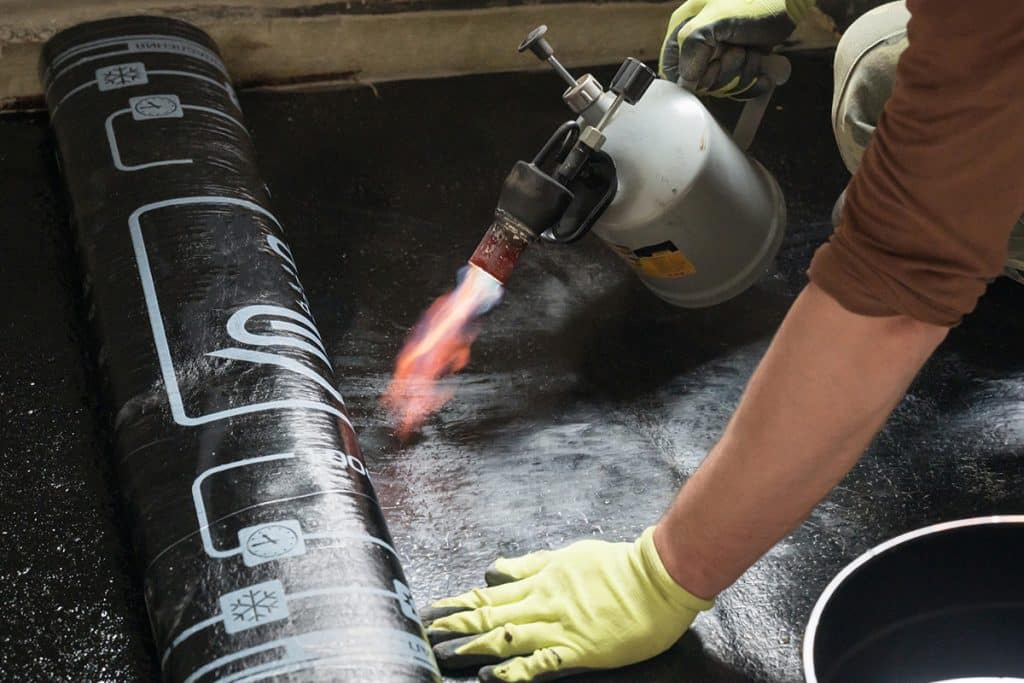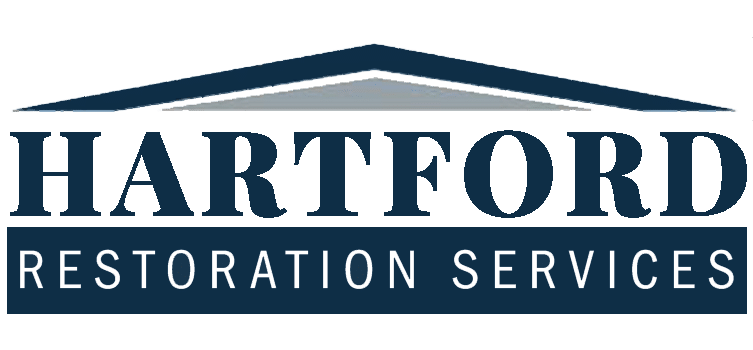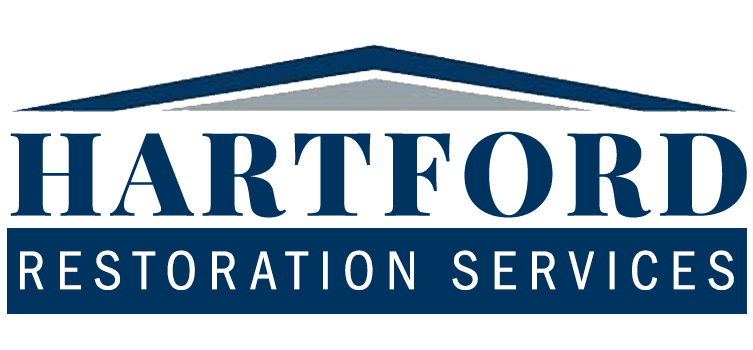Comparing PVC, TPO, & EPDM: What’s Right for Your Commercial Roof?

Selecting the right roofing system for your business is an important decision that can have a significant impact on your property's longevity, energy efficiency, and overall maintenance costs. Three popular choices for commercial roofing are PVC (Polyvinyl Chloride), TPO (Thermoplastic Olefin), and EPDM (Ethylene Propylene Diene Monomer). Each of these roofing systems offers unique advantages and characteristics that cater to various business needs. In this comprehensive guide, we will compare each of these commercial roofing systems, helping you make an informed choice for your property.
PVC Roofing: Durable and Resilient
Polyvinyl Chloride (PVC) roofing systems have gained popularity in the commercial roofing industry for their impressive durability and resilience. Here are some key characteristics of PVC roofing:
1. Durability: PVC roofing membranes are highly durable and resistant to various environmental stressors, including chemicals, UV radiation, and punctures. They have a longer lifespan when compared to other roofing materials.
2. Energy Efficiency: PVC roofs are inherently reflective, which means they can effectively reflect sunlight and heat away from your building. This reflective property helps reduce cooling costs, making PVC a wise choice for energy-efficient roofing.
3. Waterproof: PVC membranes are heat-welded at seams, creating a seamless and watertight barrier that prevents leaks and water intrusion. This waterproofing capability adds to the longevity of the roof.
4. Low Maintenance: PVC roofs require minimal maintenance and are easy to clean. Regular inspections and occasional cleaning are usually sufficient to keep them in good condition.
5. Chemical Resistance: PVC roofing is highly resistant to chemicals, making it an excellent choice for businesses with industrial processes that involve chemical exposure.
TPO Roofing: Cost-Effective and Versatile
Thermoplastic Olefin (TPO) roofing systems are known for their cost-effectiveness and versatility. Here are some key features of TPO roofing:
1. Affordability: TPO roofing is often considered one of the most budget-friendly options for commercial roofing. Its affordability makes it an attractive choice for businesses looking to balance cost with performance.
2. Energy Efficiency: TPO roofing is also highly reflective, helping reduce energy consumption and cooling costs. It provides excellent UV resistance, contributing to improved energy efficiency.
3. Seam Strength: TPO membranes are heat-welded at seams, creating strong and reliable joints that are less prone to leaks. Proper installation is crucial to maximize seam strength.
4. Versatility: TPO roofing systems are versatile and can be installed on a variety of roof deck types, including flat and sloped roofs. They can adapt to different building designs and are available in various colors.
5. Environmentally Friendly: TPO roofing is recognized for its environmental benefits. It is recyclable, and some manufacturers offer cool roofing options, further enhancing energy efficiency.
EPDM Roofing: Proven and Low-Maintenance
Ethylene Propylene Diene Monomer (EPDM) roofing systems have been a staple in the commercial roofing industry for decades. Here's what you need to know about EPDM roofing:
1. Longevity: EPDM roofing membranes have a proven track record for longevity and can last for several decades when properly maintained. They are known for their resistance to UV radiation.
2. Low Maintenance: EPDM roofs are low-maintenance and require minimal upkeep. Routine inspections and occasional cleaning can help extend their lifespan.
3. Ease of Repair: When damage occurs, EPDM roofs are relatively easy to repair, often requiring simple patching or sealing of affected areas.
4. Flexibility: EPDM membranes are highly flexible and can accommodate building movements without compromising their integrity. They are ideal for large, expansive roof surfaces.
5. Cost-Effective: EPDM roofing systems are cost-effective in terms of both installation and long-term maintenance. Their affordability makes them an attractive option for budget-conscious businesses.
Choosing the Right Roofing System for Your Business
When selecting the right roofing system for your business, consider the following factors:
1. Climate: Your location's climate and weather patterns play a significant role in choosing a roofing system. Consider factors like temperature extremes, rainfall, and exposure to UV radiation.
2. Budget: Determine your budget for roofing installation and maintenance. While some roofing systems may have higher upfront costs, they may offer long-term savings in energy efficiency and maintenance.
3. Energy Efficiency: If energy efficiency is a priority, focus on roofing systems that offer high reflectivity and insulation properties.
4. Maintenance Requirements: Evaluate your ability to maintain the roofing system. Some systems may require more regular inspections and maintenance than others.
5. Durability: Consider the expected lifespan of the roofing material and how it will hold up against environmental factors and potential hazards.
6. Environmental Impact: If environmental sustainability is important to your business, inquire about the recyclability and eco-friendliness of the roofing material.
7. Warranty: Review the warranty provided by the roofing manufacturer and installer. A solid warranty can provide peace of mind and protection for your investment.
Choosing the right roofing system for your business is a significant decision that requires careful consideration of various factors. PVC, TPO, and EPDM roofing systems each offer unique advantages and characteristics that cater to different business needs. By assessing your specific requirements and consulting with roofing professionals, you can make an informed choice that can enhance the longevity, performance, and energy efficiency of your commercial property.
Looking for the right roofing system for your business? Hartford Restoration Services has been providing commercial roofing solutions for more than 40 years. Contact us to discuss your project.

